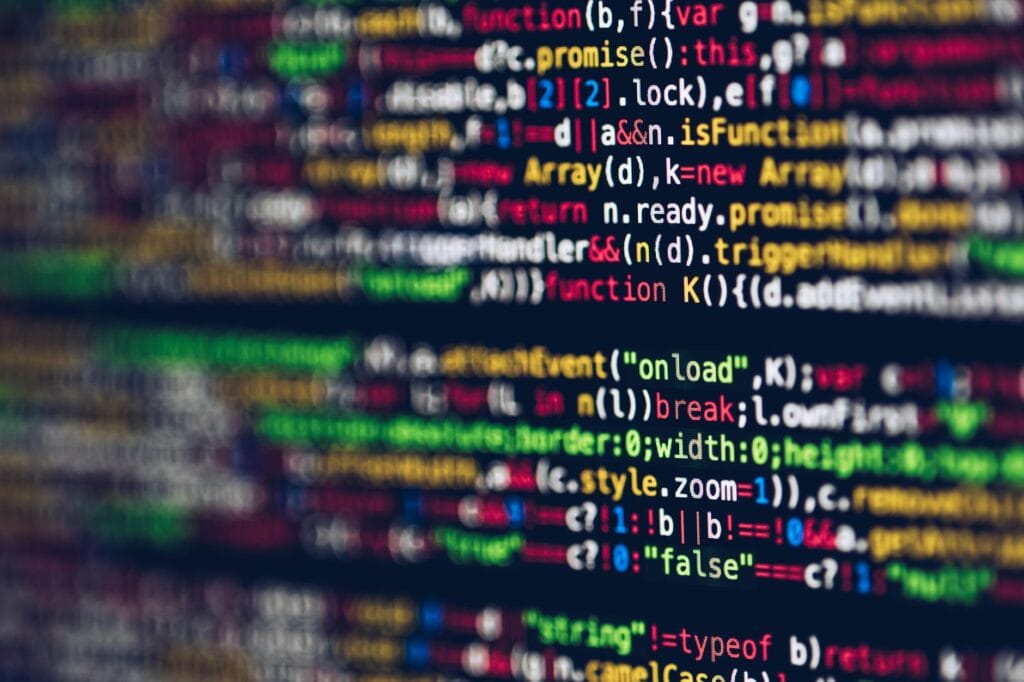Unlocking the true potential of Amazing Python Functions Tips can significantly enhance your programming efficiency and readability. Whether you are a beginner or a seasoned developer, understanding these tips will take your skills to the next level. These are practical techniques that you can implement immediately to write better, more optimized code.
Table of Contents
- Introduction
- Unlocking Default Arguments
- The Versatility of
*argsand**kwargs - Simplify with Lambda Functions
- Supercharge with Decorators
- Global and Nonlocal Keywords Explained
- The Value of Docstrings
- Conclusion
Introduction
Python Functions Tips are the secret weapon for every developer aiming to write efficient and clean code. If you’ve been working with Python, chances are you’ve written a fair share of functions. But have you ever paused to consider how much more efficient your code could be with a deeper understanding of Python Functions Tips? In this blog, we’ll cover 7 Amazing Python Functions Tips You Must Know to help you write cleaner, more effective code. Let’s begin!
1. Unlocking Default Arguments

Default Arguments
Default arguments allow functions to have optional parameters with pre-defined values, providing flexibility without additional complexity.
Example:
def greet(name, greeting="Hello"):
return f"{greeting}, {name}!"
print(greet("Alice")) # Output: Hello, Alice!
print(greet("Bob", "Hi")) # Output: Hi, Bob!
Tip: Avoid using mutable data types like lists or dictionaries as default arguments to prevent unexpected behaviors.
Learn More: Default Argument Values in Python
2. The Versatility of *args and **kwargs
These two special parameters allow you to write functions that accept variable-length arguments, making them incredibly adaptable.
Example:
def show_arguments(*args, **kwargs):
print("Positional arguments:", args)
print("Keyword arguments:", kwargs)
show_arguments(1, 2, 3, a=4, b=5)
Why It Matters: You can design more flexible APIs and handle diverse input structures with ease.
External Resource: Learn about *args and **kwargs
3. Simplify with Lambda Functions

Lambda Functions
Lambda functions, also known as anonymous functions, are a handy way to write short, throwaway functions without the need for a formal definition.
Example:
multiply = lambda x, y: x * y
print(multiply(4, 5)) # Output: 20
Use Case: Great for quick operations in map, filter, and reduce.
4. Supercharge with Decorators
Decorators are a powerful tool in Python that let you modify or extend the behavior of a function without changing its core logic.
Example:
def uppercase_decorator(func):
def wrapper():
result = func()
return result.upper()
return wrapper
@uppercase_decorator
def say_hello():
return "hello"
print(say_hello()) # Output: HELLO
Why Use Them: They’re perfect for cross-cutting concerns like logging, authentication, or caching.
5. Global and Nonlocal Keywords Explained

Nonlocal Keywords Explained
These keywords can help you manage variable scope in complex functions, ensuring the proper behavior of your code.
Example:
x = 10
def modify_global():
global x
x = 20
modify_global()
print(x) # Output: 20
Tip: Be cautious when using these keywords, as they can make debugging more challenging.
6. The Value of Docstrings
Good documentation is a hallmark of professional code. Docstrings allow you to add helpful context directly into your functions.
Example:
def add_numbers(x, y):
"""Adds two numbers together and returns the result."""
return x + y
print(add_numbers.__doc__) # Output: Adds two numbers together and returns the result.
Why It Matters: Well-documented functions save time for both you and others who work on your code.
Conclusion
By mastering these 7 Things I Should’ve Learnt Much Earlier for Python Functions, you’ll unlock new levels of productivity and clarity in your programming. Whether it’s understanding the magic of *args and **kwargs or writing better documentation with docstrings, these skills will serve you well.
Why Understanding Python Functions is Crucial
Python functions are the backbone of clean and efficient code. They help you break down complex tasks into manageable chunks, making your code more readable and maintainable. By mastering these advanced techniques, you not only improve your programming skills but also gain a competitive edge in your career.
Common Mistakes to Avoid with Python Functions
- Ignoring Code Reusability: Writing repetitive code instead of modular functions.
- Poor Naming Conventions: Using unclear or inconsistent function names.
- Overusing Global Variables: Leading to Unpredictable Side Effects.
- Skipping Tests: Not testing your functions thoroughly, causing bugs later.
Avoid these pitfalls to ensure your functions are efficient and reliable!
Real-World Applications of Python Functions
- Data Analysis: Creating custom functions for data cleaning and preprocessing.
- Web Development: Using functions to handle API requests and responses.
- Machine Learning: Writing utility functions for model training and evaluation.
- Game Development: Managing game logic with functions for improved readability.
Wherever Python is used, well-crafted functions can make all the difference.
Pro Tip: Combine the techniques discussed in this blog with proper debugging tools like pdb or IDE-integrated debuggers to troubleshoot your functions faster.
Final Thoughts: Don’t wait years to learn these valuable Python function techniques. Start applying them today and see how your programming evolves!



Thank you for your shening. I am worried that I lack creative ideas. It is your enticle that makes me full of hope. Thank you. But, I have a question, can you help me?
Can you be more specific about the content of your article? After reading it, I still have some doubts. Hope you can help me.
Thanks for sharing. I read many of your blog posts, cool, your blog is very good.
Can you be more specific about the content of your article? After reading it, I still have some doubts. Hope you can help me.
Your article helped me a lot, is there any more related content? Thanks!